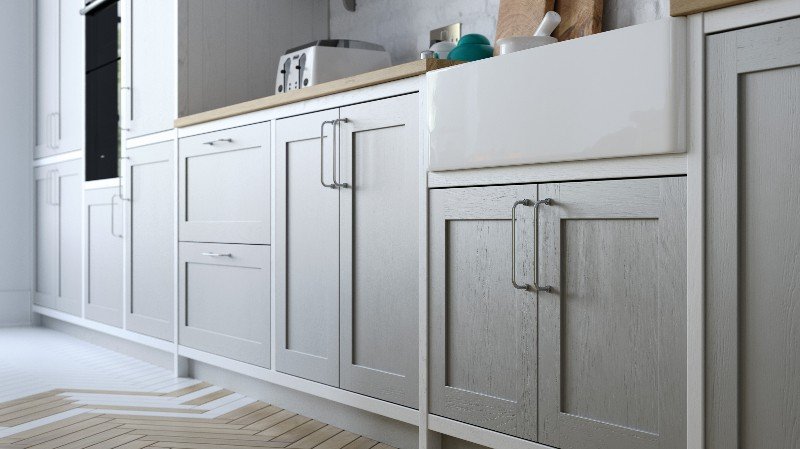Buying a home is a big investment, so it’s important to make sure you know as much as possible about the condition of the property before signing on the dotted line. A home inspection is one of the most effective ways to do that, but what exactly does it cost? This article will examine the cost of a home inspection and how to ensure you get an accurate assessment of your potential purchase.
Factors Affecting Cost
Size of the Home: The size of the home is one of the main factors that can affect the cost of a home inspection. Larger homes will require more time and effort from an inspector, and as such, typically cost more than smaller homes. Additionally, larger homes tend to have more complex systems and components which can also add to costs.
Location: The location of the home can also affect how much a home inspection costs. Home inspections in more densely populated areas are often pricier due to higher labor rates for inspectors and increased demand for their services. Rural areas may have lower rates due to less competition among inspectors or limited availability of experts in certain fields such as plumbing or electrical work.
Age: Older homes may require additional services such as chimney sweeps or lead paint testing, which could increase the overall cost of a home inspection compared to newer construction. Additionally, older structures may need extra time and attention during an inspection due to potential safety hazards caused by age-related deterioration that would not be present in newer builds.
National Average Cost
The national average cost of a home inspection is typically between $300 and $500. Prices can vary depending on the size of the home, location, specific services included, and the inspector’s expertise. For example, a small 1-2 bedroom apartment in an urban area may cost less than a large 5+ bedrooms house located in a rural area.
The complexity of certain inspections such as those for condos or multi-family dwellings can also factor into the cost. In addition to these factors, some inspectors may charge extra fees for additional services like radon testing or pool inspections. It is important to ask potential home inspectors about their fee structures beforehand so you can know what to expect before signing any contracts.
Also Read: Floor Coatings For Garages
Regional Variations in Cost
The cost of a home inspection can vary significantly depending on the region. Factors such as the cost of materials, labor, and local regulations can influence prices. In addition, some regions may offer more comprehensive services than others. For example, in an area prone to flooding and hurricanes, inspectors may include additional services that would not be needed in other parts of the country.
On average, homeowners should expect to pay between $300 and $500 for a basic home inspection. However, this price range can increase or decrease significantly depending on the region. In rural areas where there is less competition among contractors and fewer resources available for repairs or replacements, costs may be higher than in metropolitan areas with higher populations and more access to inexpensive materials or labor options.
Ultimately, regional differences in cost have a significant impact on how much you will need to budget for your home inspection needs. It is important to shop around locally when trying to get quotes from different contractors so you can compare fees and find one that fits your budget while also providing quality service.
Hidden Costs to Consider
The cost of a home inspection can be significantly more than just the fee paid to the inspector. In addition to the base inspection cost, there are hidden costs that must be considered. These can include things such as travel and lodging expenses if the inspector needs to stay overnight in order to complete the inspection, fees for additional services such as testing for radon or asbestos, and any necessary equipment rentals.
Additionally, some inspectors may charge a higher rate if they need to inspect out-of-the-ordinary items like swimming pools or septic systems. Finally, it’s important to factor in any specialist consultant fees that might be required should any major problems be discovered during the inspection process. Being aware of these hidden costs is essential and can help you accurately estimate your total spent on an inspection before committing.
Conclusion
Having a proper plan in place is essential when it comes to the cost of a home inspection. It’s important to think through all potential issues that could arise during an inspection, and then determine what components need to be inspected and which can be skipped. This will help ensure that the price of the inspection stays within budget.
Additionally, checking references from past customers and comparing prices between different inspectors can help ensure you get the best deal possible. Lastly, having an idea of what type of report you’d like ahead of time is important too; this will help save both time and money for both parties involved. All in all, proper planning is key when it comes to keeping the cost of a home inspection affordable.
Negotiating with your inspector is also something worth considering if you find yourself on a tight budget. While not allowed in some areas, negotiating can be beneficial as long as both parties are willing to compromise on certain aspects without sacrificing quality or safety standards.
For instance, if it isn’t necessary for certain items such as cosmetic issues or minor repairs to be included in the inspection process then these items could potentially be eliminated from the list at no additional cost saving you money overall.
Ultimately though, proper planning remains key when it comes down to controlling costs associated with a home inspection process no matter how much flexibility there may or may not be given by either party involved.




